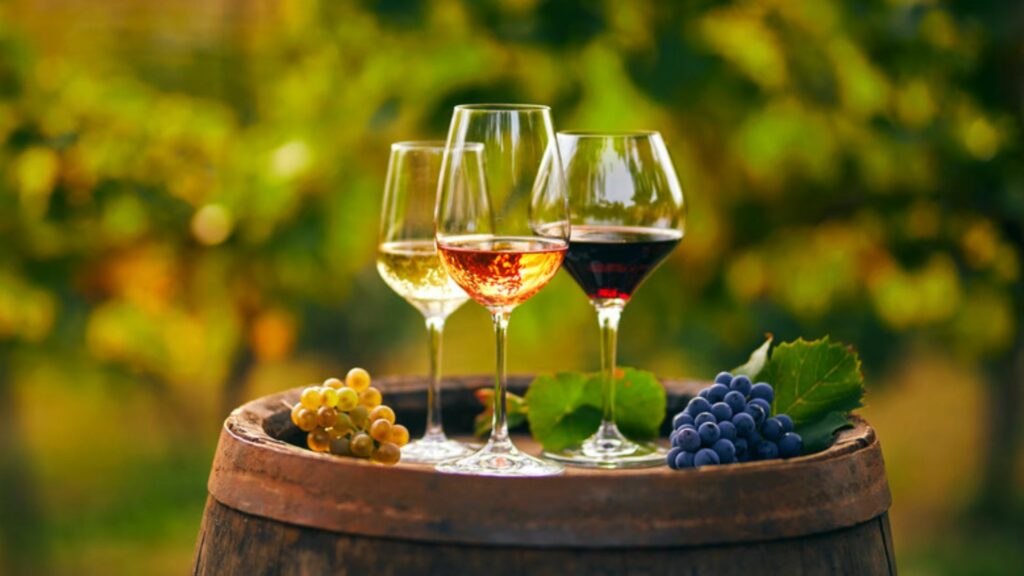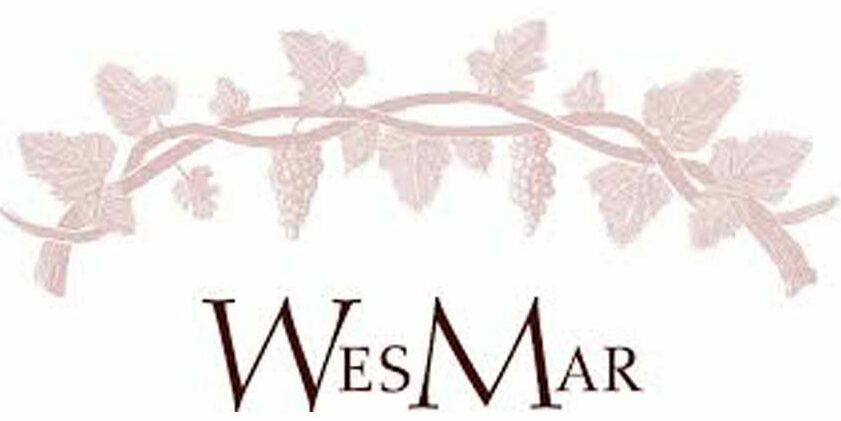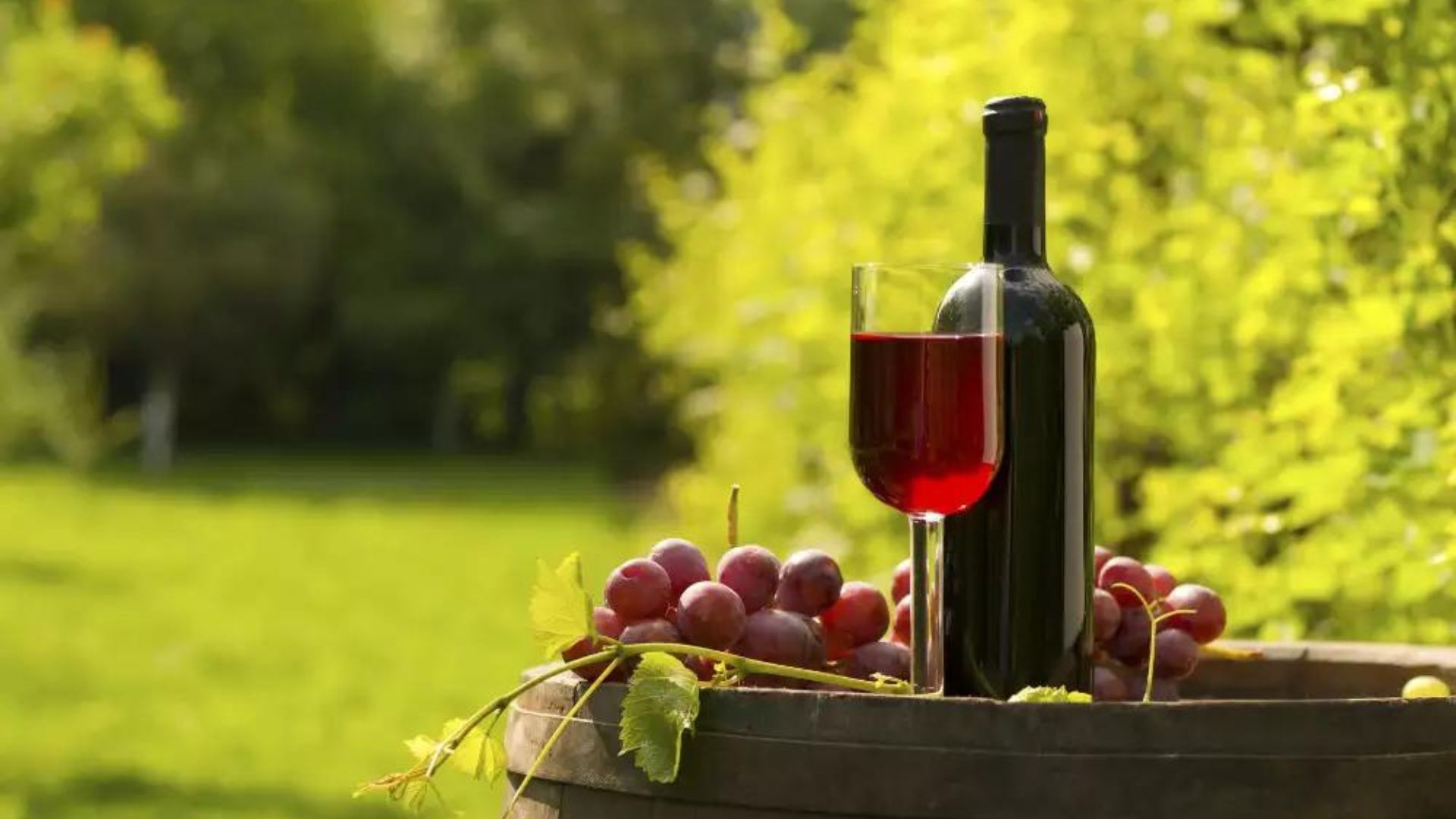Imagine raising a glass of your favourite wine, knowing it was produced with the environment in mind. This is the essence of sustainable winemaking. It’s about creating delicious wines while minimizing the impact on our planet. This blog post will explore sustainability in winemaking, exploring its practices, and benefits, and how you can be a part of this eco-conscious movement.

What is Sustainability in Winemaking?
To begin with, sustainability in winemaking refers to practices that minimize environmental impact, conserve natural resources, and also promote social responsibility within the wine industry. It encompasses everything from vineyard management and grape growing to wine production and packaging.
Sustainable Vineyard Management
Organic Farming Practices
Organic farming eliminates the use of synthetic pesticides and fertilizers, relying instead on natural methods to maintain soil health and biodiversity. This reduces chemical runoff and promotes healthier ecosystems around vineyards.
Biodynamic Farming Techniques
Biodynamic farming takes organic practices a step further by integrating lunar cycles and holistic approaches to farming. It emphasizes soil fertility, biodiversity, and also the use of natural preparations to enhance vineyard health and grape quality.
Eco-Friendly Grape Growing
Water Conservation Strategies
Water is a precious resource in winemaking. Sustainable vineyards implement irrigation systems that optimize water usage, such as drip irrigation and rainwater harvesting, to minimize waste and preserve water resources.
Biodiversity Conservation
Also, maintaining biodiversity in vineyards is essential for ecosystem balance. Planting cover crops, creating wildlife habitats, and preserving native flora and fauna contribute to healthier soils and pest management without relying on chemicals.
Sustainable Wine Production
Energy Efficiency
Wineries are increasingly investing in renewable energy sources like solar panels and wind turbines to power their operations. This reduces carbon emissions and also lowers the overall environmental footprint of wine production.
Waste Management and Recycling
Efficient waste management practices, such as composting grape pomace and recycling packaging materials, help wineries minimize landfill waste and promote a circular economy approach to production.
Sustainable Packaging and Distribution
Lightweight Bottles
Choosing lightweight glass bottles reduces transportation costs and carbon emissions associated with shipping wine. Some wineries opt for alternative packaging like cans or Tetra Paks, which are more eco-friendly and recyclable.
Local and Direct-to-Consumer Sales
Also, reducing the distance wine travels from the vineyard to the consumer lowers carbon emissions from transportation. Wineries promote local sales and direct-to-consumer shipping to minimize environmental impact.
Benefits of Sustainability in Winemaking
Environmental Conservation
Sustainability practices protect natural resources, reduce pollution, and also preserve biodiversity, ensuring vineyards can thrive for future generations.
Economic Viability
By improving efficiency and reducing costs through sustainable practices, wineries enhance their long-term economic viability and also resilience to climate change impacts.
Consumer Preference
Increasingly, consumers are choosing wines that align with their environmental values. Additionally, sustainable wines not only meet consumer demand but also build brand loyalty and reputation.
Conclusion
In conclusion, sustainability in winemaking is more than a trend—it’s a commitment to environmental stewardship and also responsible business practices. By embracing sustainable vineyard management, eco-friendly grape growing techniques, and efficient wine production and packaging, wineries can produce high-quality wines while safeguarding the planet. As awareness grows and regulations evolve, the future of the wine industry lies in sustainable practices that balance environmental conservation with economic success. Together, these efforts ensure a greener and more sustainable future for winemaking worldwide. As a consumer, you can be part of this movement by seeking out wines from wineries committed to sustainable winemaking.

